Tag: economics


Should You Be Able to Pay for Sex?
September 24, 2024 | Post
Short answer: Yes, you should be able to pay for sex. When two consenting people (a prostitute and her client) agree to a trade (money for sex), and that trade doesn’t immediately, directly, or violently affect a third party, they should be free to make that trade. By the way, you should also be able […]

Bitcoin Produces Prosperity, Not Climate Change
August 15, 2024 | Post
Despite claims of environmental harm, Bitcoin’s impact is minimal compared to its global benefits!

Why We Need a Flat Tax
June 25, 2024 | Post
While the free market reduces poverty, people criticize it because of economic inequality. Is this the real issue we should focus on?
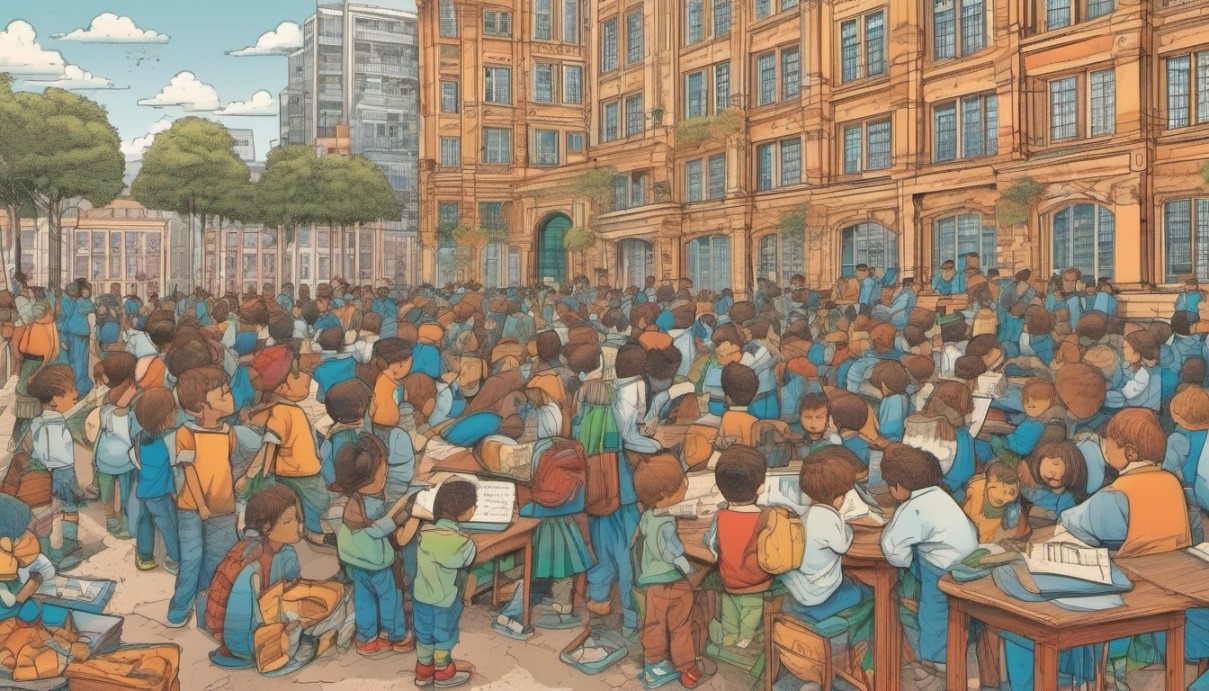
High Time to Rethink High Schooling
June 5, 2024 | Post
Milton Friedman’s vision of school vouchers revolutionized education by fostering choice and competition.

The Economic Impact of the Ukraine War
May 22, 2024 | Post
Over two years since Russia’s invasion of Ukraine, the war’s economic toll is immense: $564.9 billion in infrastructure damage, daily costs of
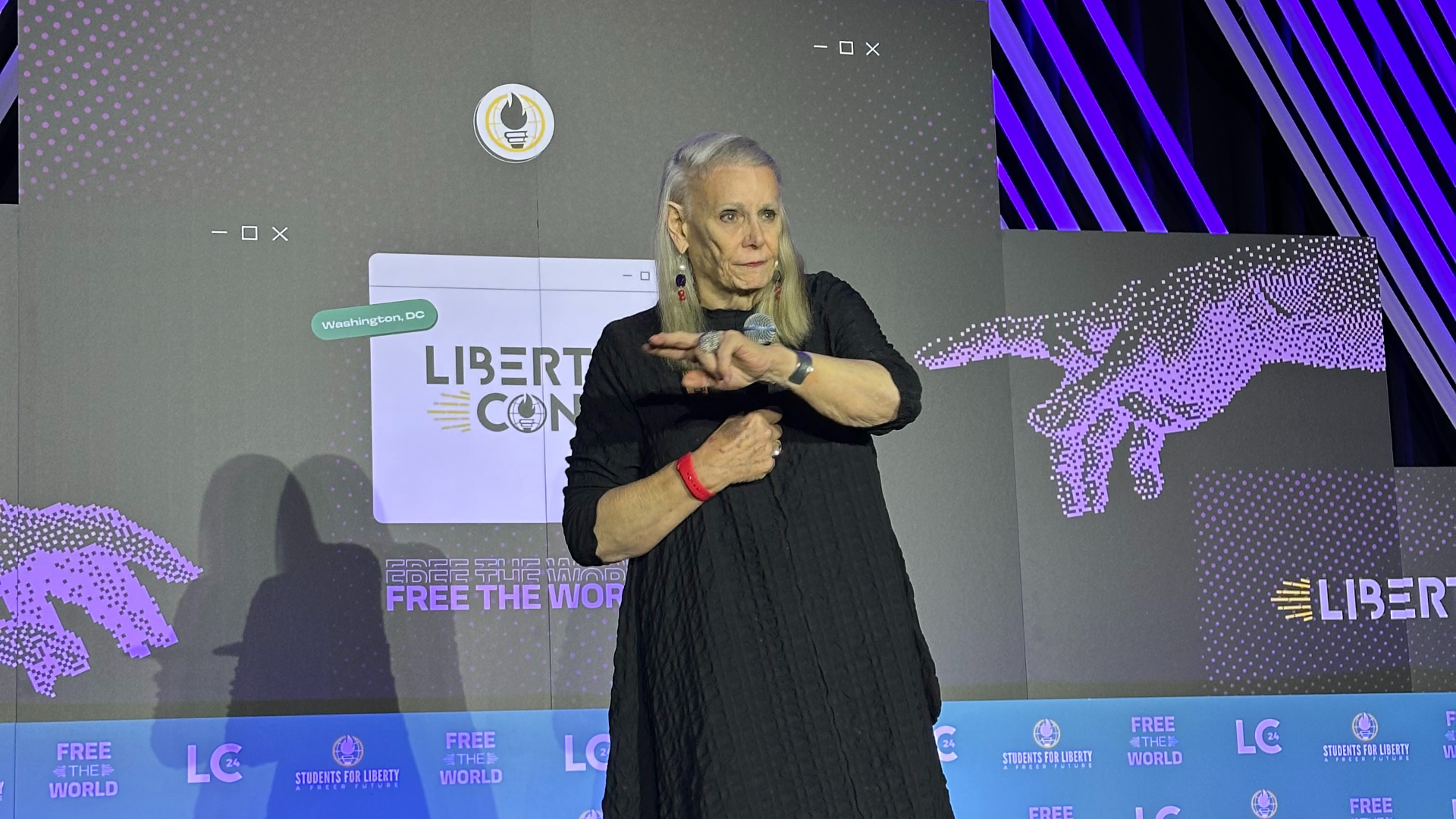
Deirdre McCloskey: ‘The pursuit of freedom has unleashed unprecedented innovation, prosperity, and social transformation’
February 21, 2024 | Post
Deirdre McCloskey, renowned economist and advocate for liberal values, delivered a stirring address at LibertyCon International, captivating attendees with her insights into the importance of liberty in fostering human flourishing and societal progress.

The Soviet Union’s terrible legacy on democracy and minority rights
February 7, 2024 | Post
Since they first seized power, Soviet leaders have claimed their “democracy” to be the best in history. However, their understanding of democracy differs significantly from that of the United States and other Western nations.
This second piece of a series addressing myths about the Union of Soviet Socialist Republics (USSR) will focus on the country’s strange legacy on democracy and minority rights.

AI isn’t going to leave you unemployed
January 22, 2024 | Post
From automated factory assembly lines to helping you cheat on your college term paper, AI is doing things today that were barely imagined only a few short years ago. As such, you might be wondering, “is my job at risk of being taken over by robots?” or “will we all end up unemployed?”

Why is college so expensive?
January 19, 2024 | Post
To find out why college is so expensive and why student debt has reached crisis point, we need to dig deep into a maze of factors that ultimately leave the government with a lot to answer for.

How government subsidies encourage bad diets
January 18, 2024 | Post
If, like for most people, prices are an important factor in what foods you choose to buy, government subsidies have a significant impact on what ends up on your plate.
Walk down any aisle, and you’re likely to come across high-fructose corn syrup. This commonly used artificial sweetener owes its prevalence to government handouts to the corn industry. Generous subsidies enable the widespread use of high-fructose corn syrup, contributing to the overconsumption of sugary foods.

How the Grace Richardson Fund is putting free-market environmentalism into action
January 17, 2024 | Post
The Grace Richardson Fund, a private foundation under the visionary leadership of President Rod Richardson, has been a trailblazer for free-market environmentalism

A new Vancouver development shows what’s possible when housing is deregulated
January 12, 2024 | Post
Sen̓áḵw is a $3-billion, 11-tower real estate development in Vancouver, set to be built on Squamish Nation reserve land. The project, named after the ancestral territory the Squamish people were removed from in 1913, is a sustainable village developed in partnership with Westbank.
The example set by the Sen̓áḵw development project shows us what we could have in other places too, if only the state — and the NIMBYs whose interests they serve — would step aside and let progress unfold.

How (true) liberalism made us rich
January 4, 2024 | Post
Today, a hot shower or a cup of coffee brewed in seconds are completely mundane. A journey across continents taking mere hours is, for many, just a normal part of life. Yet, these marvels would have been the envy of even the most affluent in medieval societies, prior to a period we can refer to as the “Great Enrichment.”
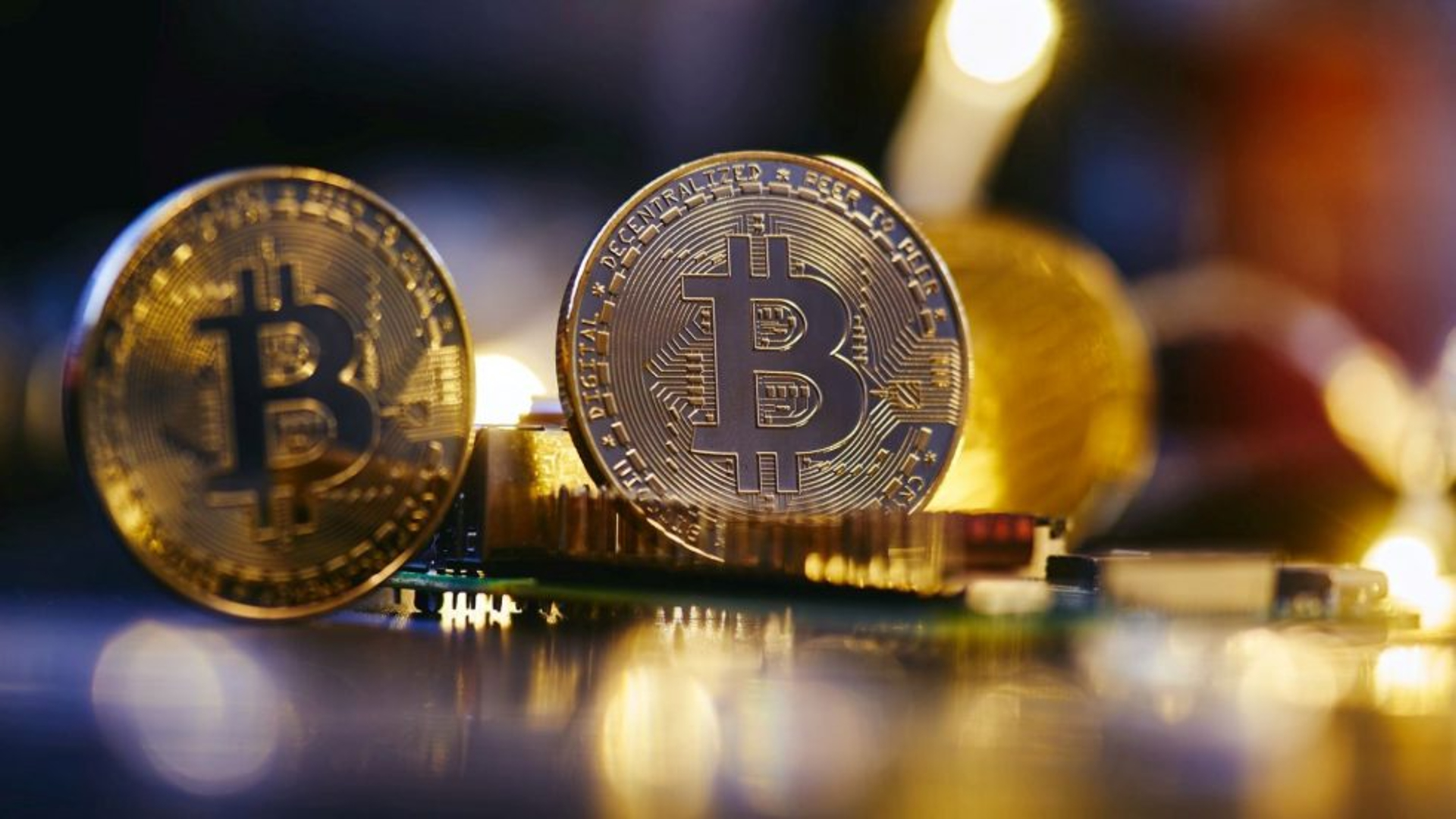
What makes Bitcoin such a revolutionary concept?
January 3, 2024 | Post
In the 15 years since the Genesis Block, the first set of 50 BTCs, was mined in January 2009, Bitcoin’s profile and impact on the global economy has increased exponentially. Hundreds of millions of people around the world have begun to recognize the merits of the truly revolutionary concept of a decentralized peer-to-peer currency.
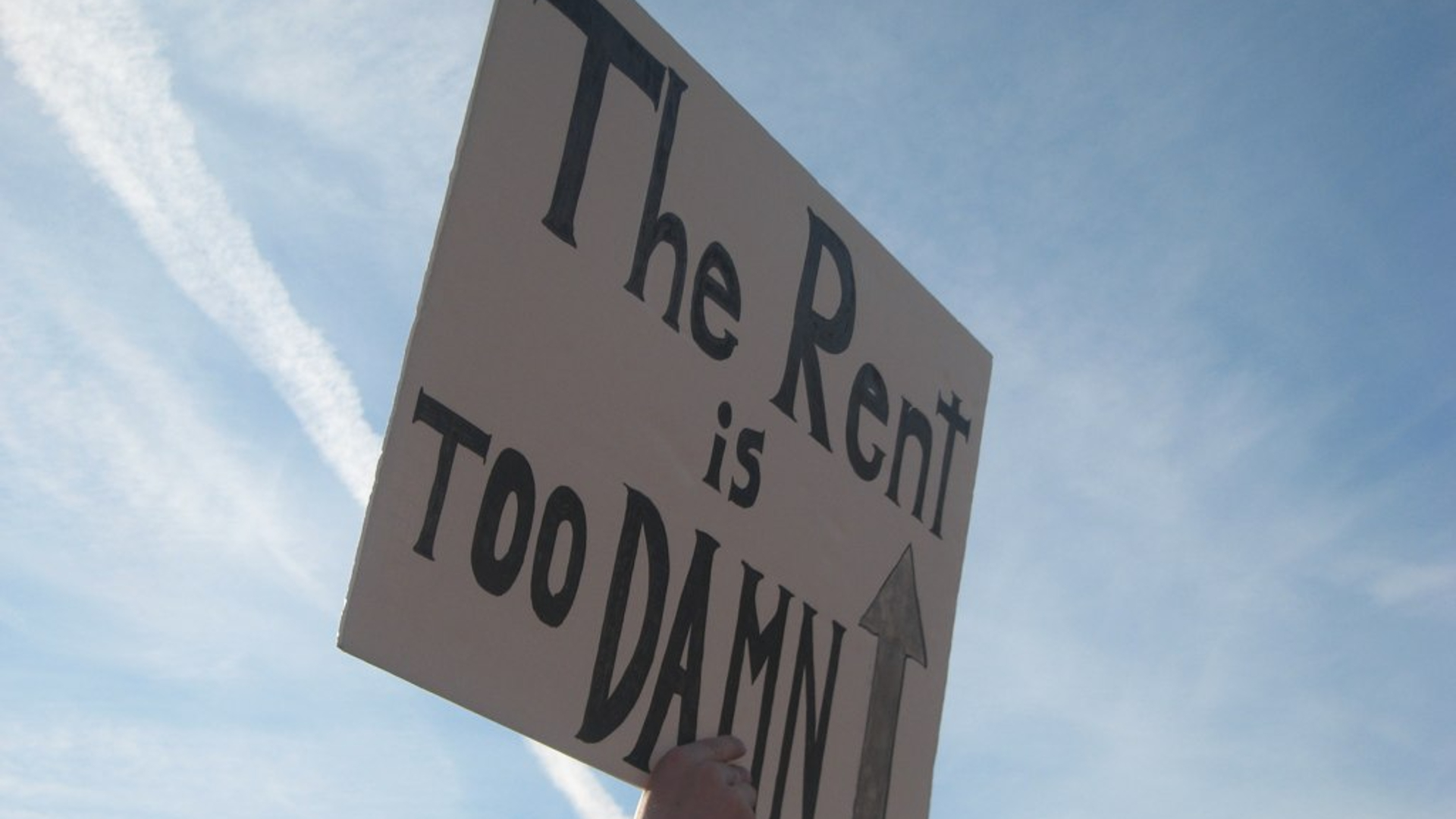
Unmasking the true force behind the housing crisis
December 21, 2023 | Post
For the first time since the Great Depression, a majority of young adults in the U.S. aged 18-29 live with their parents.
The intensifying housing crisis across the United States and worldwide is a pressing concern, particularly for Millennials and Gen Z, who are often priced out of getting their own place for far longer than what has been the norm for previous generations.
Such a crisis inevitably prompts a blame game. But who or what is really to blame?

How occupational licensing oppresses the poor
December 19, 2023 | Post
Imagine having to pay and jump through hoops for the government to allow you to work. That’s essentially how occupational licensing works.
Occupational licensing is a system that disproportionately burdens and oppresses the economically disadvantaged, hindering social mobility.
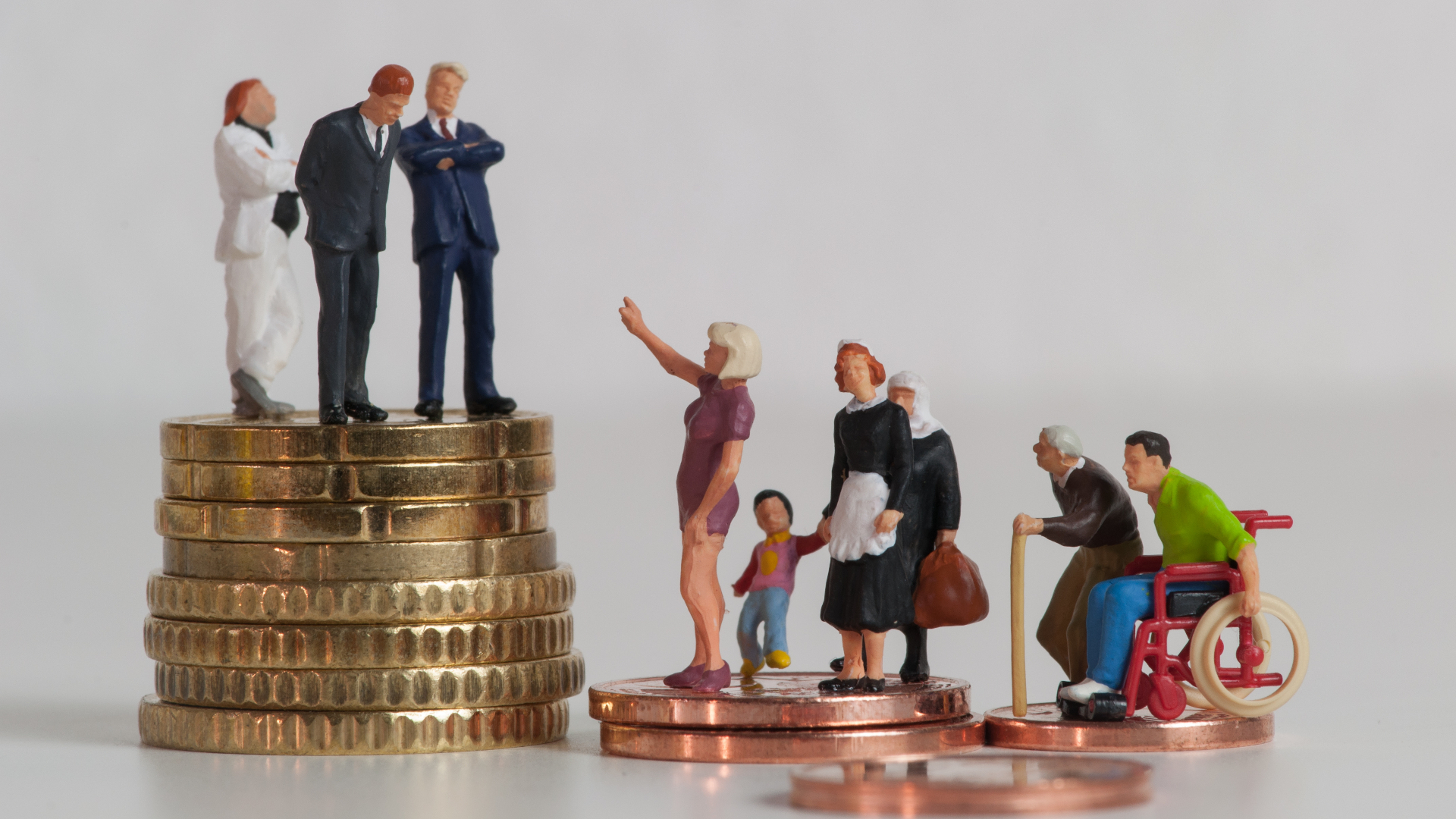
To address poverty, we must forget about inequality
December 18, 2023 | Post
Looking at inequality doesn’t tell us anything substantial about prosperity in a given country. Is inequality the real problem, or is it poverty?

The elite v. the people: Nigeria’s “cashless experiment”
December 14, 2023 | Post
A cashless society: the International Monetary Fund (IMF) calls it the future of money. The World Economic Forum (WEF) was enthusiastic about the concept way before it was cool. In the United States, the usual suspects such as the Brookings Institute and the New York Times ask our leaders to have the boldness and courage to follow this new path.

This Christmas, blame supply and demand for your expensive gifts
December 13, 2023 | Post
Even Santa’s elves can’t repeal the laws of supply and demand.

If you care about liberty, beware of CBDCs
December 11, 2023 | Post
In recent years, the concept of Central Bank Digital Currencies (CBDCs) has gained increasing traction across the globe, with proponents lauding the potential benefits of a digitized monetary system.
However, when we explore the real-life implications of CBDCs, it becomes increasingly clear that the rush toward digital currencies controlled by central banks poses a significant threat to individual liberty.

Why we should celebrate capitalism and consumerism, at Christmas and all year
December 7, 2023 | Post
Last Christmas, Pope Francis criticized holiday consumerism, saying that ours is “a society often intoxicated by consumerism … wealth and extravagance.”
To understand why this sort of critique is mistaken, and why consumerism and capitalism deserve our love at Christmastime and throughout the year, we need to go back to basics.

How minimum wage laws harm and exclude
December 1, 2023 | Post
Instead of elevating living standards and safeguarding workers from poor conditions and low pay, minimum wage laws lead to unemployment and limit job opportunities. Let’s look at how…

What the world can learn from Argentina’s liberty movement
November 20, 2023 | Post
The liberty movement’s success in Argentina serves as an inspiration to similar movements worldwide. It showcases the power of grassroots organizing and the impact that passionate individuals can have when they come together around a common cause.

Why trade wars are wars on the poor
November 14, 2023 | Post
In the not-so-distant past, political leaders from both sides of the aisle in the United States held a general consensus on the benefits of free trade.
During their presidential campaigns in 2000, Al Gore and George Bush, despite their differences, at least agreed on the merits of fostering open markets.
Fast forward to the present day and we find Joe Biden and Donald Trump endorsing staunchly protectionist policies.
Let’s explore what caused this complete 180 and who bears the brunt when trade is restricted.

